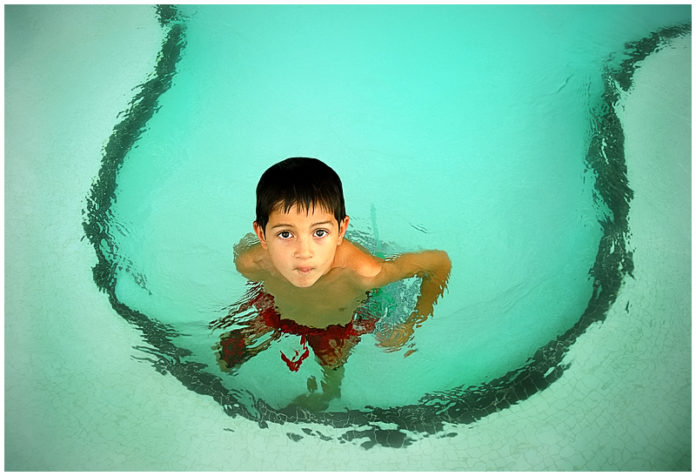
There could be more than chlorine lingering in your local swimming pool.
The Centers for Disease Control and Prevention is warning Americans about cryptosporidium, also known as “crypto,” a fecal parasite that can be transmitted via water in swimming pools and lakes.
The crypto parasite can cause cryptosporidiosis, which can cause “profuse, watery diarrhea” in adults lasting up to three weeks, according to the CDC.
A CDC report released Friday says nearly 8,000 people in the U.S. and Puerto Rico have been infected with the parasite since 2009.
The most common sources of infection were swimming pools, kiddie pools, and water parks.
Crypto most often enters the body when contaminated water is swallowed, according to the CDC.
The parasite can be spread by:
– Swallowing water in pools, fountains, lakes, and rivers that’s contaminated with crypto.
– Drinking untreated water from a lake or river.
– Drinking unpasteurized raw apple cider or milk that is contaminated with crypto.
– Touching your mouth with contaminated hands
– Not washing your hands after touching cattle and other animals.
Symptoms include watery diarrhea, dehydration, nausea, vomiting, and fever. These symptoms usually last one to two weeks in adults with healthy immune systems.
Anyone suffering diarrhea should avoid swimming for at least two weeks after their diarrhea subsides, according to the CDC.




